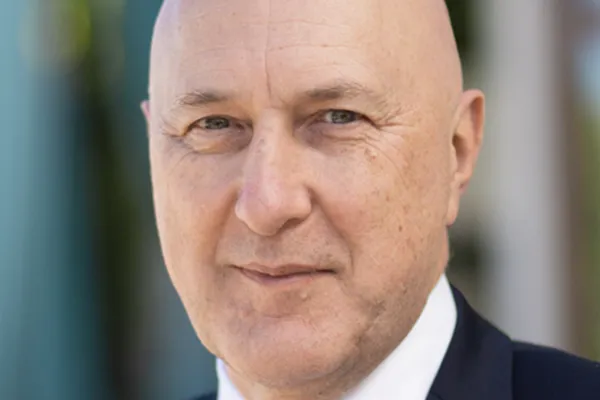Another day, another hedge fund accused of wrong-doing by regulators.
The Securities and Exchange Commission Monday charged hedge fund manager Stephen M. Hicks and his investment advisory businesses with defrauding investors in funds managed by Southridge Capital Management LLC and Southridge Advisors LLC by overvaluing the largest position held by the funds. The SEC also alleges that Ridgefield, Ct.-based Hicks “made material misrepresentations” and misused investor money to pay legal and administrative expenses of other funds managed by Hicks and Southridge.
This is the SEC’s third case brought against a hedge fund this month alone. It is also yet another case in which the hedge fund that committed fraud was smaller than $150 million, the threshold required to register under Dodd-Frank.
Hicks founded Southridge Capital in 1996. In 2003, it managed five hedge funds: Sovereign Partners, L.P., Dominion Capital Fund Ltd., Dominion Investment Fund LLC, Southridge Partners L.P. and Southshore Capital Fund Ltd. The funds mostly invested in private investments in public equity (PIPEs) with micro-cap issuers.
The SEC has accused Hicks of several transgressions. First, the regulator claims that, in late 2003, Hicks promised to invest the majority of investors’ money in unrestricted, liquid shares, cash, or near cash. Hicks raised $80 million for the new funds between 2004 and 2007, according to the SEC. However, the complaint alleges that by the end of 2006, more than one-third of the assets in one new fund and more than half of the assets in another new fund were actually invested in relatively illiquid deals. By 2007, many investors had trouble getting their money back because it had been invested in relatively illiquid securities, the SEC claims.
The SEC accuses Hicks of overvaluing the largest position held by the funds by misstating the acquisition price of the assets. “Hicks arranged a transaction in which a telecommunications company acquired by the Southridge funds when the company defaulted on a $769,000 note, was sold to Fonix Corporation in exchange for securities with a stated valued of $33 million in early 2004,” the regulator elaborates.
The complaint also alleges that none of the assets or securities involved in the transaction were accurately valued by Southridge and Hicks. “The Fonix position was wrongfully valued at its acquisition cost, and the funds paid or accrued hundreds of thousands in management fees every year since 2004,” the SEC asserts in its complaint.
The SEC says that some of the funds that were in cash were used to pay $5 million of legal and administrative expenses of older funds that were illiquid and had no available cash. The SEC does point out that in February 2009 Hicks sent a letter to investors admitting that certain legal and administrative expenses had been improperly allocated between the funds. However, instead of repaying the money to the funds, the SEC alleges that Southridge and Hicks transferred certain illiquid securities to the funds.
The SEC clearly has hedge funds in its cross-hairs. Last week, the regulator charged two hedge fund portfolio managers -- Paul T. Mannion, Jr. and Andrews S. Reckles -- and their investment advisory businesses, PEF Advisors Ltd., and PEF Advisors LLC, with defrauding investors in the Palisades Master Fund, L.P. by overvaluing illiquid fund assets they placed in a “side pocket.”
Earlier this month, Bruce F. Prévost and David W. Harrold and their Florida hedge fund firms Palm Beach Capital Management LP and Palm Beach Capital Management LLC were charged by the SEC of fraudulently funneling more than $1 billion of investor money into a Ponzi scheme operated by Minnesota businessman Thomas Petters.
Meanwhile, in criminal court cases involving hedge funds this month, on Friday, we reported that Arthur Nadel was sentenced to 14 years in prison for a scheme that caused investors to lose about $168 million.
And former hedge fund manager Joseph Contorinis faces up to 145 years in prison and more than $35 million in fines after he was found guilty earlier this month of one count of securities fraud conspiracy and seven counts of securities fraud in connection with an insider trading scheme that resulted in over $7 million in profits, according to Preet Bharara, the United States Attorney for the Southern District of New York.






